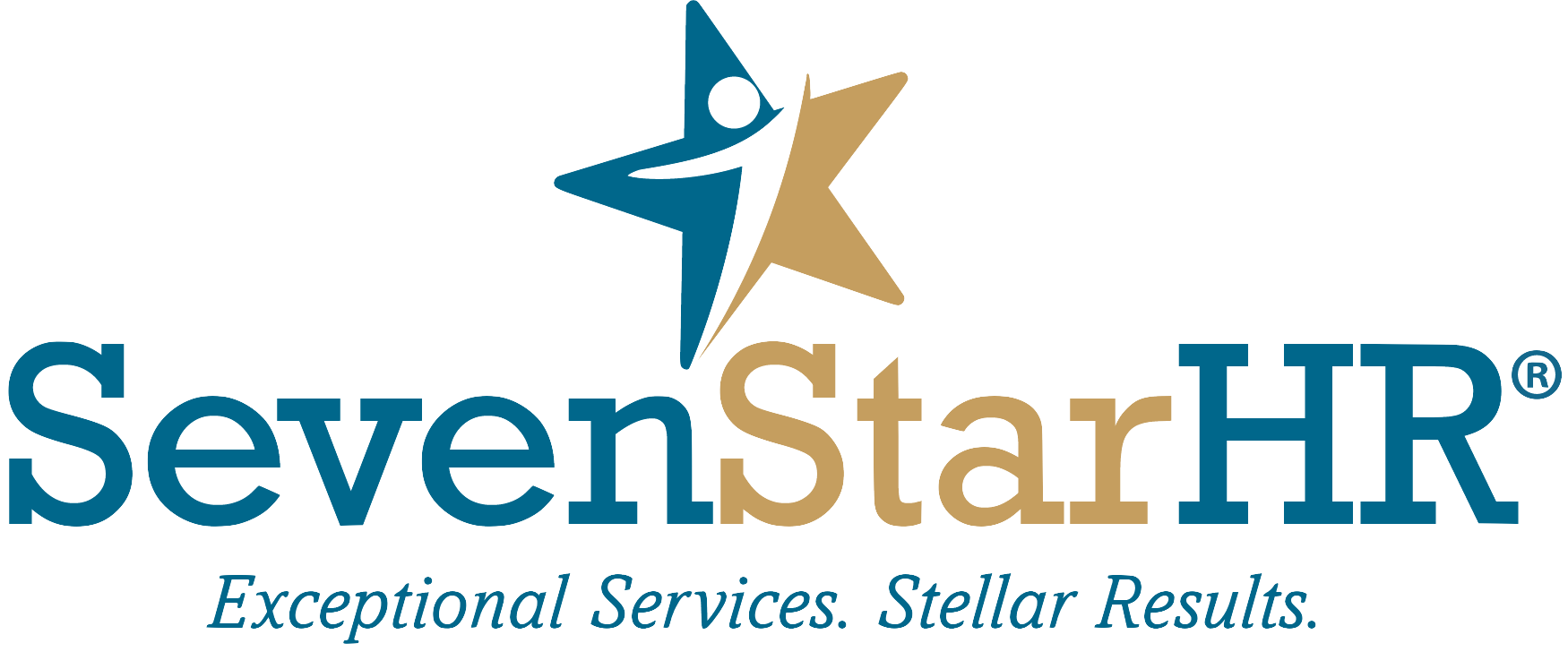Keeping Up with Change: Keeping Up with Change: Why New York Companies Must Update Their Policies and Handbooks
Recent state and federal legislative changes highlight the urgent need for New York companies to review and update their policies and employee handbooks.
Ensuring compliance with changing laws is crucial for New York companies to uphold ethical standards, create a fair workplace, and minimize legal risks. As non-compliance can lead to serious consequences such as fines, legal disputes, and damage to reputation, now is the time to review your policies and update your employee handbook.
Here’s a summary of some of the key updates and what they mean for employers in the state.
Paid Prenatal Personal Leave:
New York State has set a national precedent by mandating paid prenatal personal leave for employees, effective April 19, 2024. This groundbreaking amendment to New York Labor Law § 196-b aims to support the well-being of expectant employees by ensuring they have dedicated time off for prenatal care and related needs. For businesses in New York, this means updating policies to incorporate this new leave entitlement, outlining eligibility criteria, duration of leave, and any documentation requirements.
Employers should also ensure that managers and HR personnel are trained on these updates to facilitate smooth implementation and compliance.
Updates to FLSA Exemptions and Overtime Rules:
Simultaneously, changes to the federal Fair Labor Standards Act (FLSA) regarding the classification of exempt employees have significant implications. Effective July 1, 2024, the minimum salary threshold for exempt employees will increase to $844 per week, with further increases scheduled in subsequent years. Similarly, the threshold for highly-compensated employees will rise to $132,964 annually by July 1, 2024.
These adjustments mean that employers must carefully review the classification of their employees to ensure compliance with federal law. Misclassification can lead to costly consequences, including back pay and penalties. Updating policies to reflect these salary thresholds and exemptions is essential to avoid potential liabilities.
Breastfeeding Rights in the Workplace:
New York State Labor Law Section 206-c gives all employees in New York the right to express breast milk in the workplace. This law applies to all public and private employers in New York State, regardless of size or the nature of their business. Employers must adhere to the following requirements:
Universal Applicability: Applies to all employers with at least one employee.
Policy Distribution: Employers must provide the attached policy when hired, each year, and when an employee returns from maternity leave.
Break Time: Employees are entitled to 30 minutes of additional paid break time.
Remote Workers: The law applies to remote workers as well.
Dedicated Space: A special space, not a bathroom, within walking distance must be provided. This can be a shared space in a multi-office facility.
Non-Interference: Employers cannot require the employee to work while they pump.
Non-Discrimination: Employers cannot discriminate against women who want to pump.
Employees should download and read this policy in detail to get further specifics.
Navigating the New Terrain
Navigating these regulatory changes requires a proactive approach from employers. Here are key steps to ensure compliance:
Policy Review and Update: Conduct a comprehensive review of existing policies and handbooks to incorporate new leave entitlements and salary thresholds. Clearly communicate these updates to all employees to maintain transparency and mitigate misunderstandings.
Training and Education: Provide training sessions for HR personnel, managers, and supervisors to ensure they understand the intricacies of the new regulations. This includes guidance on how to properly classify employees under the updated FLSA exemptions and how to administer the new prenatal leave benefit.
Monitoring Legal Developments: Stay informed about ongoing legal challenges or future amendments to these laws. Compliance is an ongoing process, and staying ahead of regulatory changes can help businesses adapt quickly and effectively.
As New York leads the way with progressive employment legislation, companies need to adapt to these changes to foster a compliant and supportive workplace environment. Updating policies and handbooks not only ensures legal compliance but also demonstrates a commitment to employee welfare and fair labor practices.
Stay informed, stay compliant, and empower your workforce with policies that reflect the latest legal standards. This proactive approach not only mitigates risks but also enhances employee satisfaction and retention—a win-win for businesses and their most valuable asset, their employees.
At SevenStar HR, we're dedicated to helping businesses navigate legislative changes seamlessly. Our expert HR consultants specialize in policy updates, handbook revisions, and ensuring compliance with the latest regulations. Contact us today to learn how we can simplify your compliance process and ensure your business remains compliant and efficient.

